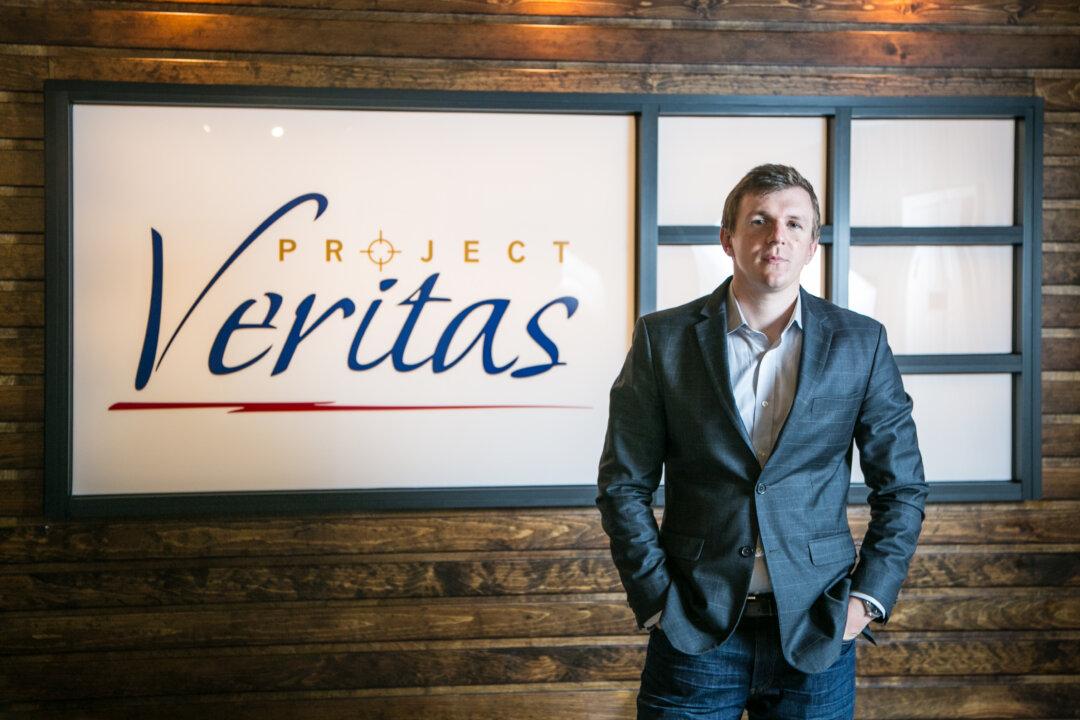Meta’s Facebook and Instagram platforms have threatened to restrict or ban Project Veritas after a journalist approached a senior YouTube official about the removal of a video about Pfizer’s COVID-19 vaccines.
On Feb. 3, the nonprofit journalism organization Project Veritas published footage that appears to show one of its reporters questioning YouTube’s vice president of global trust and safety, Matt Halprin.





